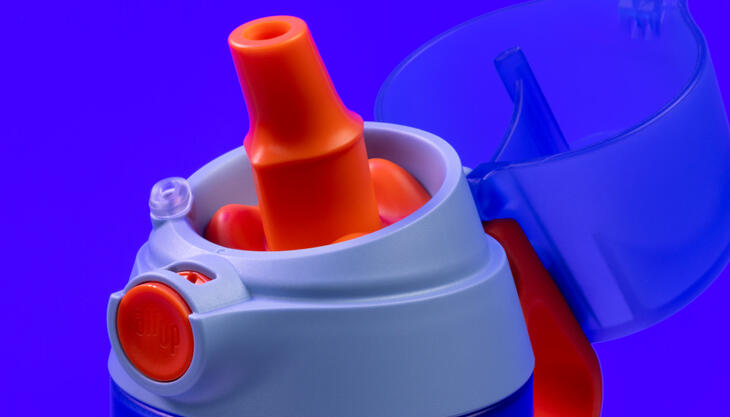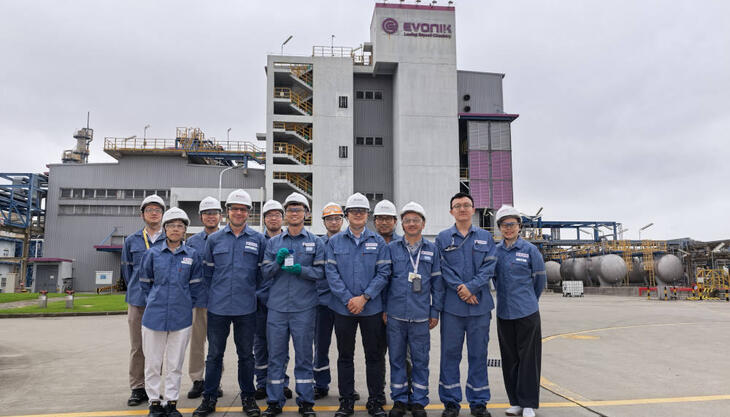Supersoft compounds for medical devices

The demand for ultrasoft TPEs has been increasing across various industrial sectors. The reasons for this are obvious. Whether they are intended for key products such as orthopedic equipment or applications in prosthetics - their particularly soft surface feel, combined with a soft grip, make the compounds particularly suitable for a variety of application segments. Kraiburg TPE is now meeting these requirements globally. Due to a substantial increase in the demand for extremely soft thermoplastic elastomers, Kraiburg TPE launched Next Generation Supersoft TPEs in 2021. Since then, the company has been able to appreciate – and satisfy in even greater detail - the complex requirements that customers from a wide range of industrial sectors have for the “supersoft” compounds. Most recently, the TPE manufacturer has expanded its range of supersoft products by additional hardness degrees. The focus here is on the Thermolast M series, designed for medical devices and introduced at Fakuma 2024.
Their specific properties make these TPEs particularly suitable for prostheses and orthotic devices. The soft material is characterized by hardness values ranging from 30 to 50 Shore 00 and/or 45 to 70 VLRH. While TPEs in this hardness range tend to oil out and produce sticky surfaces, the extremely soft compounds from Kraiburg TPE make a convincing impression with their pleasantly dry and velvety feel. Combined with their elastic properties, these TPEs are often used for applications with one-sided compressive loads such as orthopedic damping elements. Tests in accordance with the ISO 10993-10 standard also confirm that permanent contact with the skin surface does not lead to and/or cause allergic reactions.
Supersoft compounds are mainly processed using standard injection moulding. In developing the extremely soft TPEs, the focus was on achieving a flawless dosing capability and/or flowability of the granules, uncomplicated processing as well as easy ejection. The additional option of using the materials in 3D printing opens up new avenues toward customized therapeutic products. The properties of these Thermolast M compounds also correspond to those of medical grade plastics in accordance with the VDI 2017 standard and have passed the biocompatibility tests in accordance with ISO 10993-5 (cytotoxicity) and ISO 10993-10 (skin sensitization) as well. The Medical Service Package ensures that Thermolast M compounds are produced on a dedicated production line. Kraiburg TPE assures formulation and process stability (change control). In addition, the compounds comply with the ISCC PLUS requirements and thus enable customers to use TPEs with a reduced product carbon footprint (PCF) also in strictly regulated markets such as the medical sector.



















